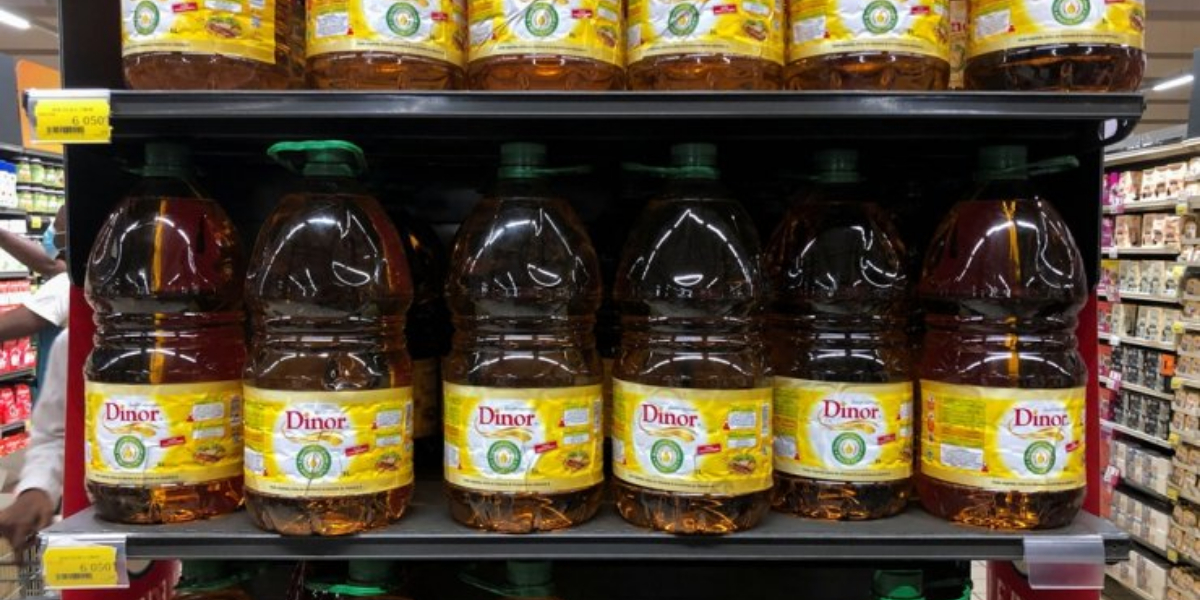The government of India said late Tuesday that it had lowered the base import costs of crude and refined palm oil while increased the price of crude soyoil.
Every two weeks, the government updates the basic import prices for edible oils, gold, and silver, which are used to compute the amount of tax an importer must pay.
India, the world’s largest importer of edible oils, permitted duty-free imports of 2 million tonnes of soyoil last week.
In recent months, New Delhi has struggled to manage a rise in local edible oil costs, and Russia’s invasion of Ukraine has made taming vegetable oil prices even more difficult.
Five industry executives told Reuters that India had ordered 45,000 tonnes of Russian sunflower oil at a record high price for shipments in April, as edible oil prices in the local market soared after supplies from rival Ukraine ceased.
Sunflower oil from Russia might assist the world’s largest edible oil importer fill the gap at a time when vegetable oil supplies are being squeezed due to Indonesia’s decision to limit palm oil shipments and a reduced soybean harvest in South America.
Commodity Old price in $, new price in $, new price in $, new price in $, new price in
Crude palm oil 1,625 1,703
RBD palm oil 1,733 1,765
RBD palmolein 1,744 1,771
Crude soya oil 1,866 1,827
Gold 597 592
Silver 721 687
Except for gold and silver, all base prices are in US dollars per tonne. The gold tariff is set in dollars per ten grammes, while the silver tariff is set in dollars per kilogramme.




















